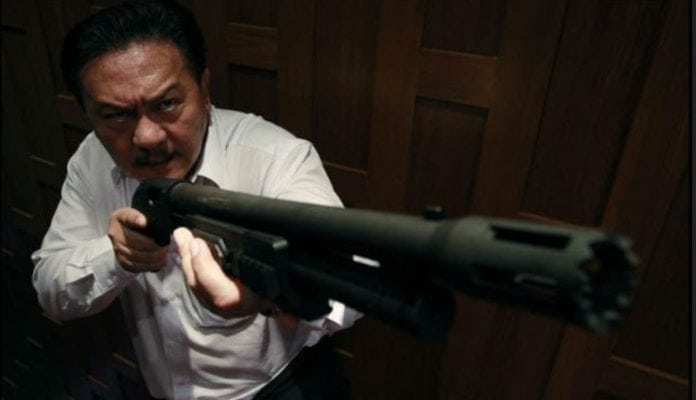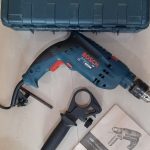Thailand’s gun murder rate is the same as America’s. One western police officer stationed at an embassy in Bangkok told reporters: ‘There is a real culture of guns in Thailand, it’s a military-style culture, a place of uniforms and male power.’
But, as usual, it is difficult to define the problem within a culture that claims one thing one minute and another entirely different position moments later. Officially every statistic is manipulated and, well frankly, not to be relied upon.
The Thai government does not provide a specific breakdown for annual gun murders outside of the country’s deep south, where a Muslim insurgency has killed more than 7,400 in the last decade.
But Gunpolicy.org, an online database of global gun statistics run by the University of Sydney’s School of Public Health, believes Thailand has one of the highest gun homicide rates in Asia, if not the world.
It estimates 3.48 murders per 100,000 people in Thailand, three times the rate of neighboring Cambodia and the same as the United States.
What is much clearer is the sheer number of weapons in civilian hands.
According to the Interior Ministry, there are 6.1 million registered firearms in Thailand, a country with 67 million people.
GunPolicy.org puts the total number of firearms at closer to 10 million, once the thriving black market trade is counted.
As the U.S. State Department’s Bureau for Diplomatic Security wrote in its safety report for overseas staff: “Thailand has a fervent gun culture on par with the United States and has become a world leader in firearms-related homicides.”
However, you will never see anything like that shared by the Thai government or media, where image is everything and far more important that safety.
A country where tourist murders are routinely ruled suicide or accident in fear of the tourist dollar slowing down or drying up.
While the U.S. has long experienced a passionate debate on gun control, Thailand largely greets the human toll of its firearms obsession with a collective shrug.
“No one has taken responsibility, no one has really taken up the issue,” lamented Kasit Piromya, a former foreign minister who believes tighter gun controls are needed, as well as an amnesty for illegal weapons.
The lack of outrage shown over gun murders, he believes is down to the concept of a karma.
“When you die, you die. It’s acceptance and resignation. We take death calmly as part of life,” said Kasit, who owns two registered pistols.
On paper Thailand has strict gun controls but the law is easily circumnavigated.
The sheer availability of weaponry concerns Police Colonel Akaradet Pimolsri, the head of Thailand’s police commando unit, each time his officers hit the streets.
“I want every gun to be registered,” Akaradet of the elite Crime Suppression Division, told reporters at the unit’s Bangkok headquarters.
A key step would be for the government to set up a database containing the “ballistic fingerprints” of all over-the-counter weapons.
In late July, reporters accompanied Akaradet and 200 of his commandos on a dawn raid in Uthai Thani, a central province renowned for its crime syndicates.
Their target were two suspects in a 2011 gun murder in which a policeman was killed.
His officers took no chances, arming themselves with assault rifles, shotguns and body armor.
By the time the convoy reached a series of mansions on the outskirts of town there was no sign of the main suspects — although 20 guns, ammunition and bulletproof vests were seized.
The killers are still on the loose, ready to be hired once more for a hit, for the price equivalent to couple of nights in a modest western hotel room.
Regarded by outsiders for its laid-back, welcoming vibe, Thailand is also a country awash with firearms where disputes are all too frequently settled with a bullet and a body.
Barely a week goes by without a new headline-grabbing killing, usually stemming from a humiliation — or loss of face — over a personal or business dispute.
In Thailand, a western tourist can be shot, thrown off a balcony or macheted to death over a simple, meaningless dispute and the police regularly rule these incidents suicide, or arrest another, entirely innocent, foreigner, for murder




